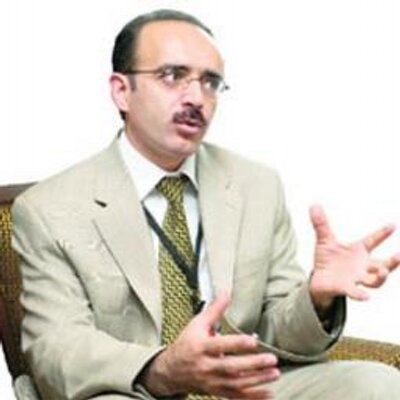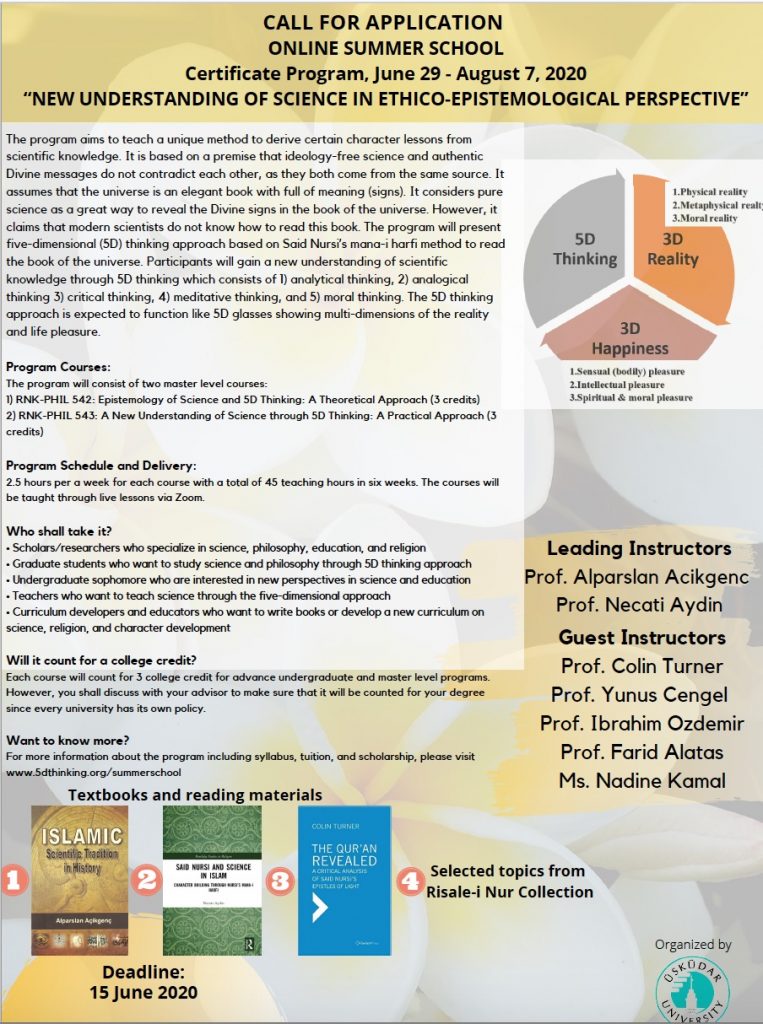The aim of this talk is to critically examine one particular aspect of sadness, namely ḥuzn (translated as sorrow, grief, sadness), from a Muslim perspective generally and from the perspective of Said Nursi in particular. It endeavours to determine whether ḥuzn has a positive role to play and, if so, whether it should be treated as something that is ‘normal’. It tries to understand why ḥuzn is acknowledged as something which is both given to, and taken from, individuals by God, but yet is apparently viewed by the Quran as a negative feeling that is to be obviated whenever possible. It also questions why, if ḥuzn is a negative attribute, believers – prophets in particular – were not exempt from it, particularly given its link to unbelief.
Dr. Mahshid Turner: The concept of huzn (sadness) and its relevance today




